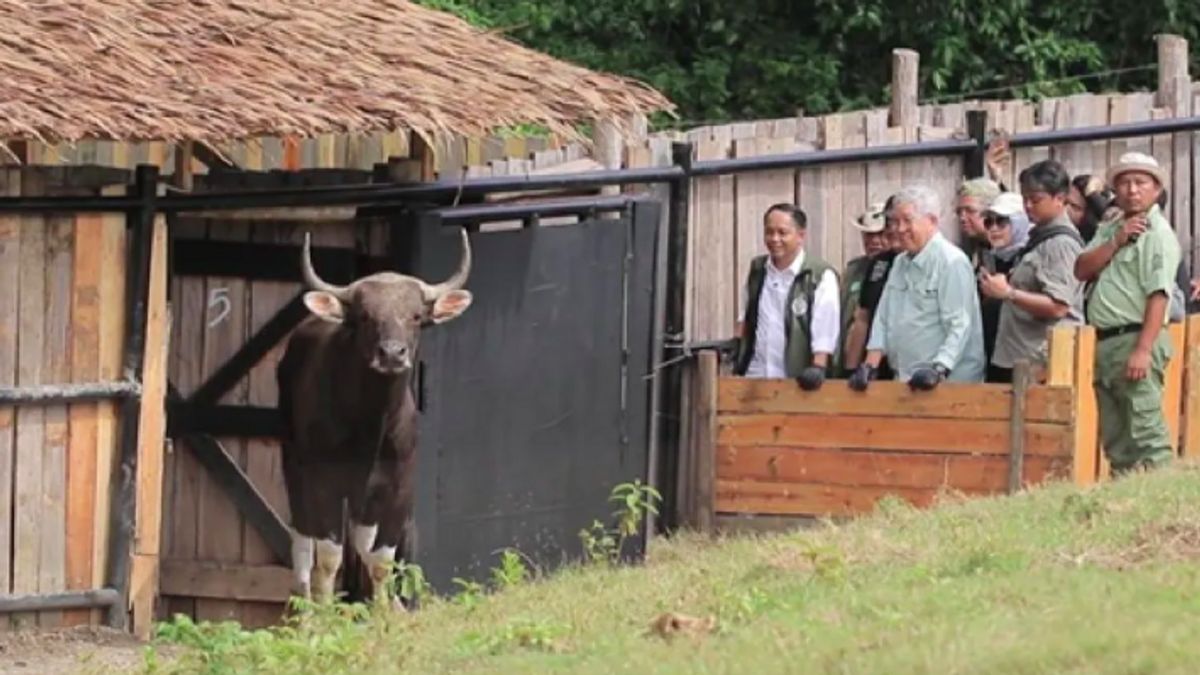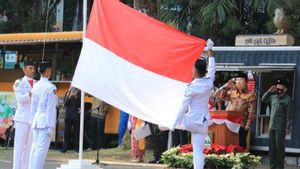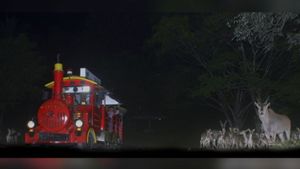JAKARTA - The Indonesian Safari Park also supports sustainable conservation efforts launched by the government by releasing four Javanese bulls (Javanicus boss) to Pananjung Pangandaran Nature Reserve, West Java.
The release of the Javanese bull is the result of a strategic collaboration between Taman Safari Indonesia and the Ministry of Forestry as part of the West Java Ministry of Forestry's 100-day work program, together with the Natural Resources Conservation Center (BKSDA).
"This reintroduction program is a form of support from the Indonesian Safari Park for in-situ conservation, namely returning animals to their natural habitat to maintain the balance of the ecosystem while increasing the Javanese bull population in the wild," said Tony Sumampau, owner of Taman Safari Indonesia, as quoted by ANTARA.
Banteng Jawa is a protected species with endangered status according to the IUCN (International Union for Conservation of Nature) red list.
The four bulls that were released consisted of one female from the Prigen Safari Park, one female from the Bogor Safari Park, and two males from the Bali Safari Park. These animals have been treated with international management standards so that they grow healthy.
Tony explained that Taman Safari Indonesia had carried out a number of comprehensive stages to ensure the success of releasing the Javanese bull.
The process begins with animal selection, ensuring selected bulls have optimal health conditions, good adaptability capabilities, and superior genetic track records.
The next step is to prepare habitat through in-depth surveys and environmental adjustments, including ensuring the availability of water sources, natural feed, and protection from predators in the habitat.
SEE ALSO:
Before being released into the wild, the bull undergoes an adaptation stage in the quarantine zone to help them adjust gradually to their new environment.
After the release process, the Indonesian Safari Park Life & Science team together with the West Java BKSDA conducted intensive monitoring using GPS collar technology and routine patrols to ensure that the bull can survive and develop in its natural habitat.
The English, Chinese, Japanese, Arabic, and French versions are automatically generated by the AI. So there may still be inaccuracies in translating, please always see Indonesian as our main language. (system supported by DigitalSiber.id)

















